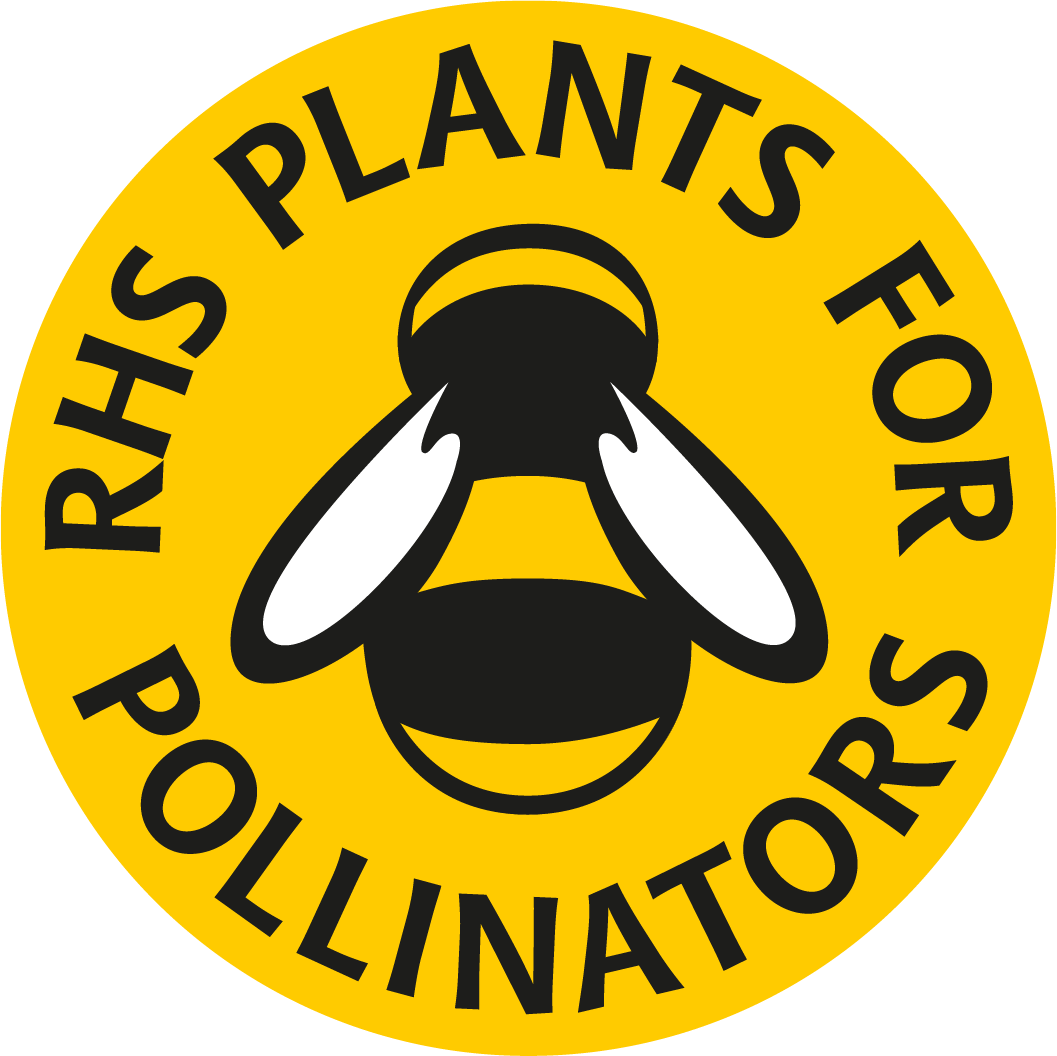Poppies are instantly recognisable wildflowers, with their bright red petals! They are good self-seeders (the average Poppy produces around 17,000 seeds) and Poppies very often spring up in disturbed ground, the seed having lay dormant for many years. Indeed, Poppy seeds have been found that date as far back as 25,000 years. Poppies sometimes pop up in the wild but are far less common nowadays as farmers used to regard them as pests and so eradicated them with pesticides. To see a field of poppies today is a rare and wondrous sight.
Name Derivation
Poppy’s name derives from the Anglo-Saxon name – popig. Rhoeas may come from the Greek, rho, possibly meaning red. Plinus, in ancient Greece, claimed that papaver derived from papa = pap, the mashed up food of babies, poppy juice being added to it to help the infants to sleep. DO NOT do this at home!! It may also relate to the Latin papula, “papule”, due to the rounded seed capsules.

Growing Conditions
Poppies grow to around 80 cm tall and need full sun. Scatter the seeds in bare areas around current bedding plants for an explosion of red amongst the other flowers! They can be sown in autumn or late April/May.
Poppy Folklore
It was believed that Poppies caused headaches and thunderstorms! Since the seeds were thought to bring health and strength, Greek athletes were given a mix of Poppy seeds, honey and wine to drink.
The tombs of the ancient Pharoahs were strewn with Poppy flowers. In the Middle Ages they were used to treat chest infections. The Poppy was also the sacred flower of Ceres, the Roman goddess of Corn. Legend has it she was so weary that she was not looking after the corn properly so Somnus, god of Sleep, created the Poppy to make her sleep and wake again refreshed. The Poppy is also a symbol of remembrance because its red flowers represent the blood of the dead. To the ancient Greeks it symbolised regeneration – Venus is sometimes represented with an apple in one hand and a Poppy flower in the other. It has been used in potion as an antidote to those bewitched to love someone. Poppies were made into dolls by country children – fold down the petals to make a skirt and hold it in place with a belt of grass.
Magic tells us that if Poppy seeds are soaked in wine for 15 days, then the wine drunk for 5 days while fasting, then you will be able to make yourself invisible at will. Young Greek girls would test the fidelity of their lover by placing a Poppy petal in the hand. They would strike it sharply and if it made a cracking noise then their lover was sincere, but if broke they were unfaithful. During World War II Poppy oil was used instead of olive oil. Also known as Thundercup and Thunderflowers because it shouldn’t be picked during a storm.
Wildlife Value of Poppies
Poppies are pollinated by many insects, but, in particular, bumblebees. Hoverflies are also often found on the flowers. Butterflies are not generally attracted to wild poppies because they do not produce a lot of nectar and do not have a flower shape that enables nectar to collect.





